
In October 2025, Polish and Romanian authorities collaborated to disrupt a covert operation involving Russian intelligence. This operation, aimed at smuggling explosive parcels into Ukraine, has drawn alarming parallels to the notorious tactics used in the Unabomber attacks. Authorities apprehended eight suspects and intercepted multiple explosive devices before they could reach their intended targets.
The plot underscores a troubling escalation of hybrid warfare tactics being employed by Russia against nations supporting Ukraine. The rapid response of Polish and Romanian security forces demonstrated their commitment to safeguarding regional stability amidst rising tensions.
The Rising Threat

Poland and Romania have emerged as critical frontline states in a new wave of sabotage targeting European Union infrastructure. Recent operations led to the detention of 55 individuals linked to Russian intelligence activities in Poland alone. This surge in covert threats signals a broader campaign by Moscow, aimed at destabilizing EU nations willing to provide support to Ukraine.
The development highlights the dire implications for security in Europe, where logistics networks are becoming increasingly vulnerable. Officials emphasize that the use of parcel bombs is just one method in the evolving arsenal of hybrid warfare tactics employed by adversarial forces.
A History of Sabotage

Since Russia invaded Ukraine in 2022, Poland has faced a string of sabotage attempts, illustrating the ongoing threat to national security. Past incidents included arson, cyberattacks, and espionage, all attributed to Russian operatives. European officials previously implicated Russian agents in parcel bomb incidents involving DHL and DPD in 2024, which were seen as test runs for larger transatlantic attacks.
Such actions signify an evolving strategy of hybrid warfare aimed at undermining EU solidarity and security structures. The incidents serve as a vital reminder of the pressing need for enhanced vigilance and preparedness against covert threats.
Strategic Importance
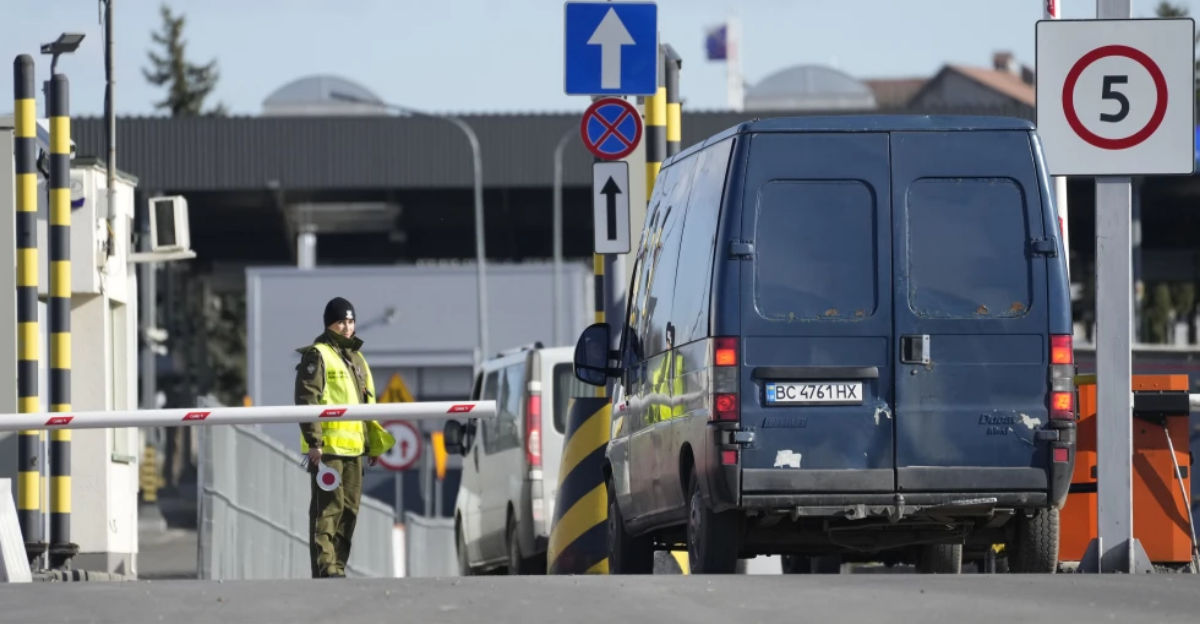
Poland’s role as a primary transit corridor for military and humanitarian aid to Ukraine renders it especially vulnerable to Russian sabotage efforts. Security services have noted an increase in cross-border cooperation with Romania, the Baltic states, and the Czech Republic, aimed at countering these rising threats.
The urgency is palpable, as officials warn of escalating Russian intelligence operations targeting critical infrastructure throughout the region. The operational pressure on logistics networks continues to mount as authorities work tirelessly to protect vital supply routes. With the stakes higher than ever, regional collaboration remains pivotal in addressing this multifaceted threat.
Plot Unveiled
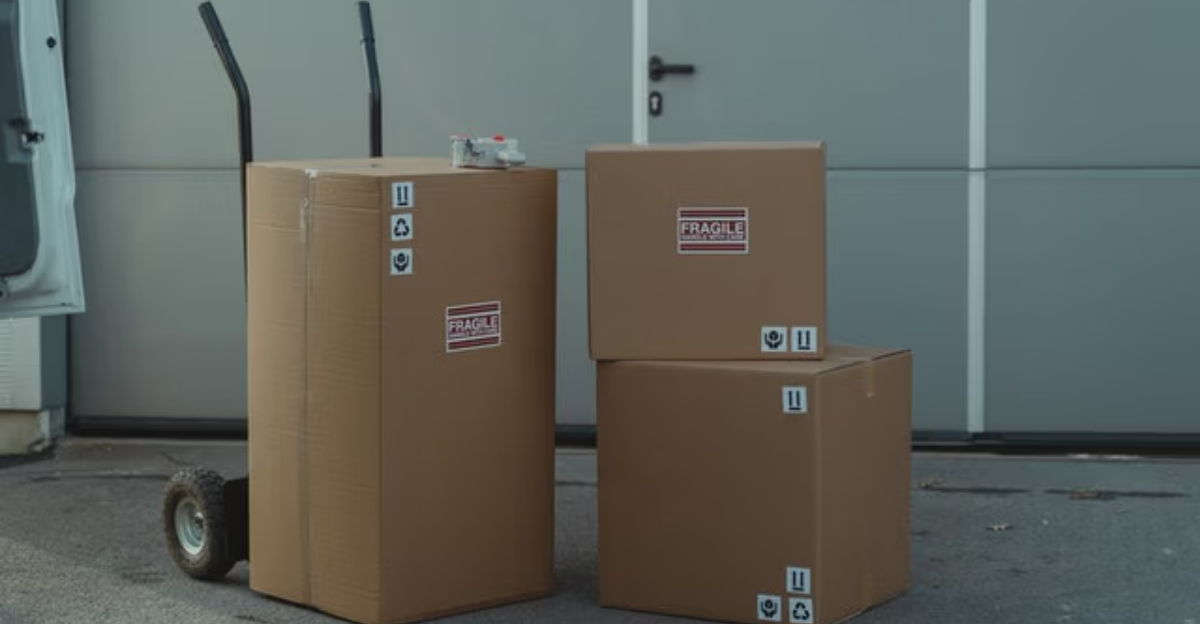
In a significant development on October 15-16, 2025, Polish and Romanian authorities uncovered a plot involving three Ukrainian nationals allegedly collaborating with Russian intelligence. These individuals were apprehended while attempting to transport explosive parcels into Ukraine.
The intercepted packages were engineered to ignite or detonate during transit, representing a grave danger to civilians. Prosecutors assert that the operation’s goal was to instill fear among populations and destabilize nations supporting Ukraine. Such coordinated efforts reflect a dangerous intent within the hybrid warfare landscape, posing severe risks to regional stability.
Impending Regional Fallout

The explosive parcels targeted key logistics points, including a Nova Post sorting facility in Bucharest, to cause maximum disruption. Romanian authorities detained two suspects in Bucharest, while a third was captured near Warsaw. Authorities are relieved that their swift actions thwarted what could have led to mass casualties and significant disruption of vital logistics channels.
The event highlights the precarious nature of security in the region as threats to infrastructure become more pronounced. As detailed investigations continue, the implications for public safety and regional stability remain serious concerns for national and international policymakers.
Human Stories

Personal accounts from Polish citizens, particularly refugees from Ukraine, reveal the direct human impact of these threats. Jacek Dobrzyński, Poland’s Special Services Coordinator, stated, “Russian special services are constantly active. Poland is on the front line.” He further elaborated on the insidious tactics employed, which often target vulnerable individuals, such as Ukrainians and Belarusians living in Poland, focusing on financial incentives for recruitment.
As awareness of these threats grows, Polish authorities have begun distributing informational materials at border crossings, aiming to educate potential targets about the danger and encourage community cooperation.
Proactive Security Responses
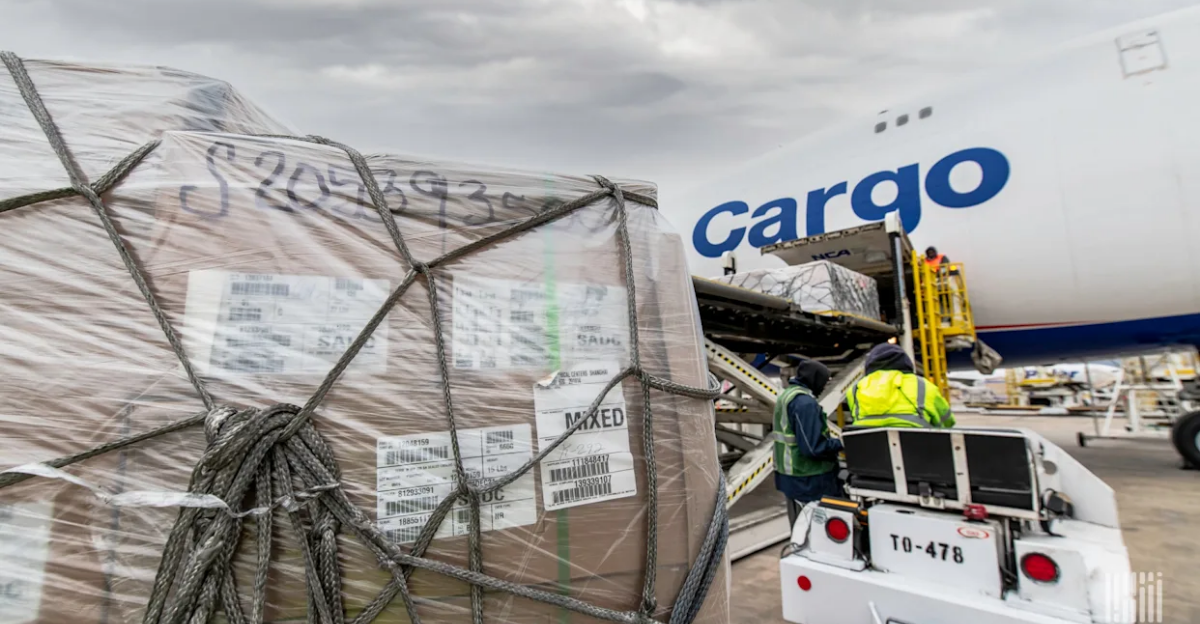
In light of the growing threat from parcel bombs, leading European logistics companies are implementing heightened security protocols. DHL and DPD, which were previously the targets of Russian parcel bomb attempts, have strengthened collaboration with national security agencies to identify suspicious shipments effectively.
Industry leaders are calling for robust international intelligence cooperation to ensure supply chains are secure and resilient. The incident has intensified discussions around the need for comprehensive security measures aimed at safeguarding logistics infrastructures across Europe against the specter of targeted sabotage.
Macro Trends in Intelligence
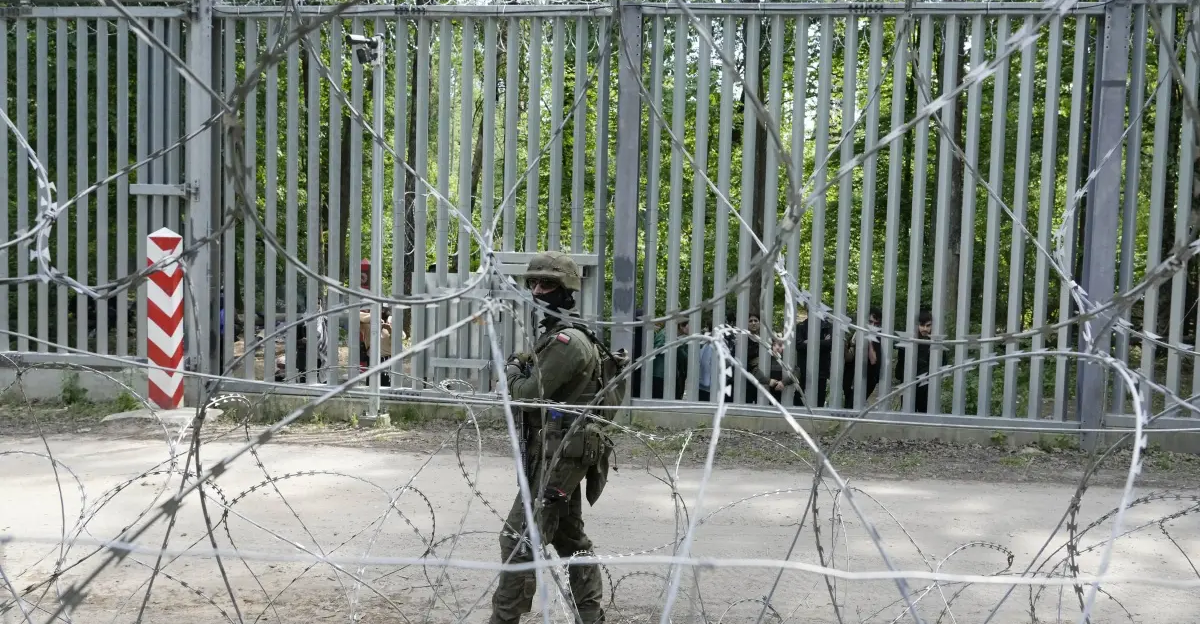
Polish government officials have raised alarms regarding the expansion of Moscow’s intelligence network throughout Central and Eastern Europe. This trend poses serious risks to critical logistics routes, energy facilities, and military capabilities within NATO member states.
With ongoing investigations into espionage and sabotage, it reflects a broader pattern of Russian “active measures” designed to destabilize the region. Vigilance and proactive measures are essential as regional authorities respond to this evolving threat landscape, which could have profound implications for future defense and security strategies.
The Impact on Logistics
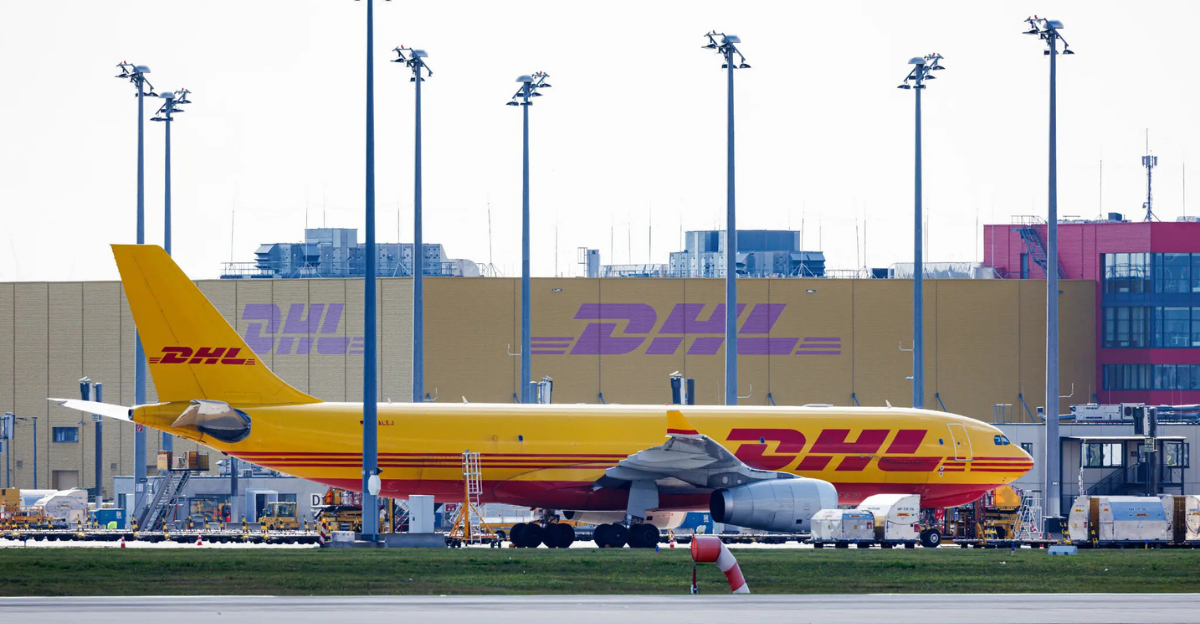
The apparent threat from the foiled parcel bomb plot has resulted in significant operational changes across Europe. Major logistics firms are reporting delays and increased scrutiny of shipments as security requirements become more stringent. The ripple effects are evident in the heightened costs associated with these new protocols, disrupting the delicate balance of interconnected supply chains.
Such developments highlight vulnerabilities within these systems and underscore the urgent need for resilient infrastructure that can withstand potential sabotage and disruption. The evolving threat landscape necessitates a robust response from both private and public sectors to ensure safety and stabilize operations.
Internal Tensions Among Workers
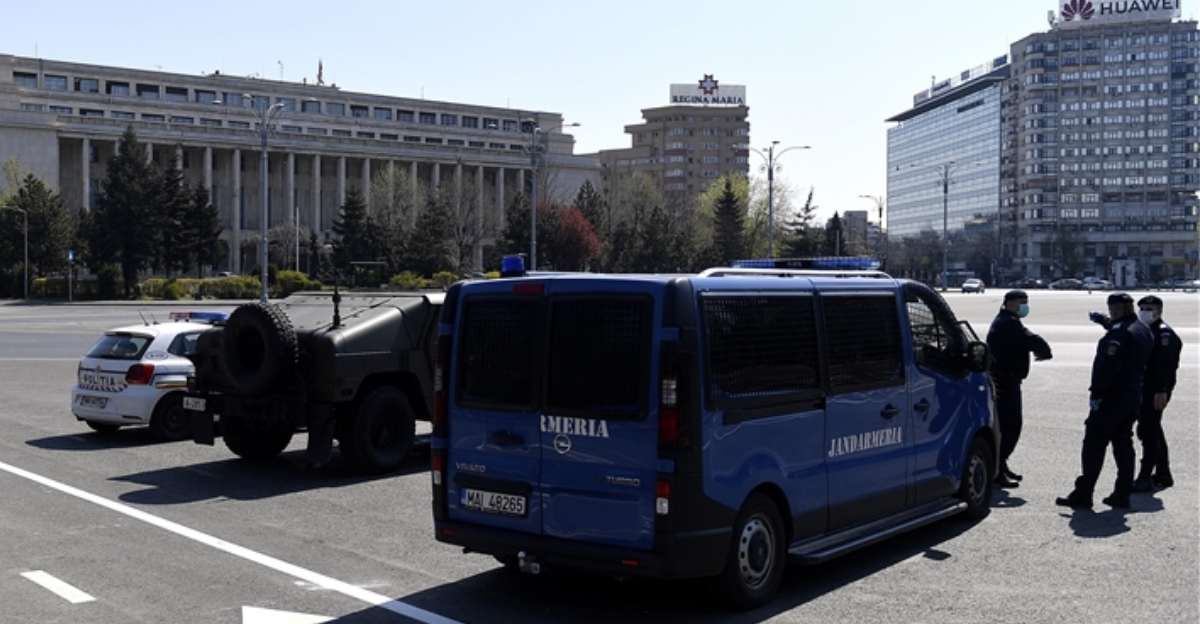
The persistent threat of sabotage has bred frustration among logistics workers and franchisees in Poland and Romania. Many voice concerns about their safety and the psychological toll of living under constant threat. Reports suggest that fear and anxiety are commonplace among those responsible for maintaining the flow of goods across borders.
The challenge is not only to secure logistics channels but also to boost the morale of frontline workers who face increased risks daily. Policymakers and companies must address these concerns to maintain workforce stability and operational integrity amid rising tensions.
Community Preparedness
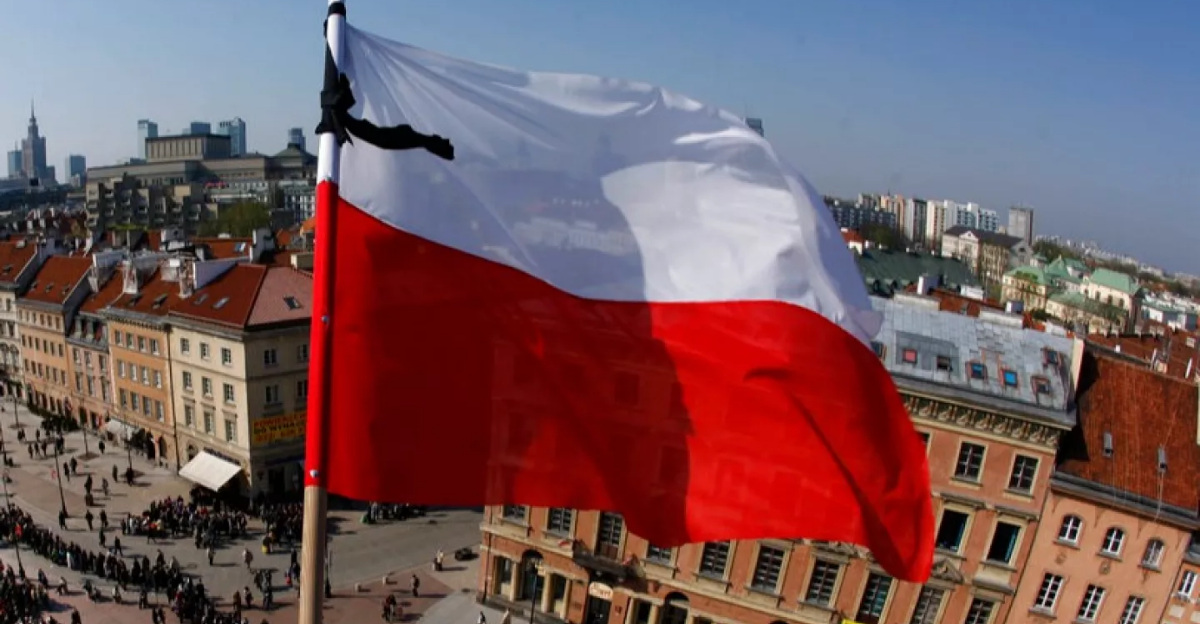
Communities in regions most affected by Russian sabotage threats are taking proactive measures to protect themselves. Local organizations are partnering with authorities to develop awareness campaigns that educate residents on how to identify suspicious behavior and report it.
Such initiatives aim to foster a culture of vigilance and resilience within communities, encouraging civilians to take an active role in their security. During recent town hall meetings, citizens expressed their desire for more information and resources to protect themselves and their neighborhoods, underlying the need for collaborative community efforts in the fight against covert threats.
The Role of NATO

NATO’s involvement in countering Russian hybrid warfare tactics has gained renewed emphasis following these disturbances. The alliance is closely monitoring the situation, providing member states with intelligence support and conducting joint exercises to enhance readiness.
Increased surveillance and reconnaissance operations along Eastern European borders have been prioritized as part of a broader strategy to deter aggression. NATO’s commitment to collective defense plays a crucial role in maintaining regional stability while fostering collaborative efforts to enhance the security architecture throughout Europe.
The Global Implications

The events occurring in Poland and Romania have far-reaching implications beyond regional borders. As Russia escalates its covert operations, nations worldwide are reevaluating their own security frameworks in light of potential hybrid warfare strategies.
Collaborations aimed at intelligence sharing and building defense capabilities are becoming increasingly critical on a global scale. Analysts warn that the tactics pioneered in Eastern Europe could inspire similar methodologies elsewhere, potentially leading to widespread geopolitical instability and necessitating innovative responses from countries worldwide to protect democracies from emerging threats.
Looking Ahead
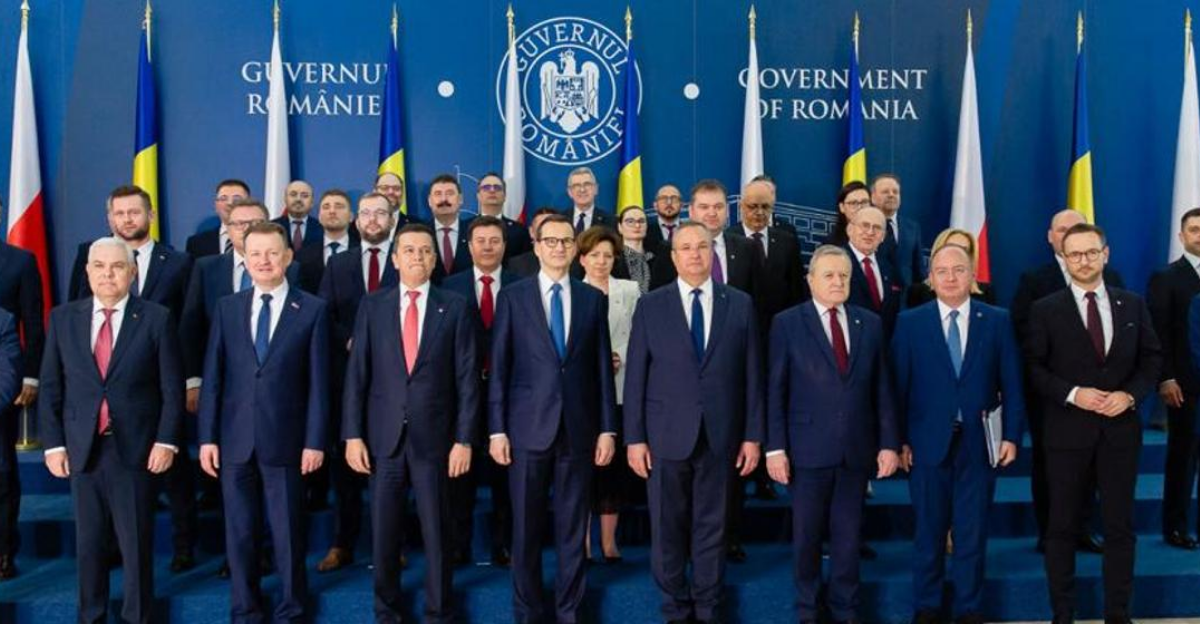
As Poland and Romania navigate the complexities of modern warfare, the lessons learned from thwarted operations will shape future security strategies. Both countries remain vigilant, aware that monitoring and prevention are crucial in preventing new threats from emerging.
With the commitment of local authorities and the support of international partners, efforts to secure logistics networks and bolster community resilience continue. As hybrid warfare tactics evolve, ongoing adaptation and collaboration will be essential in the fight against covert threats aimed at destabilizing nations. The path forward demands resilience and unity, mirroring a collective resolve against emerging adversaries.